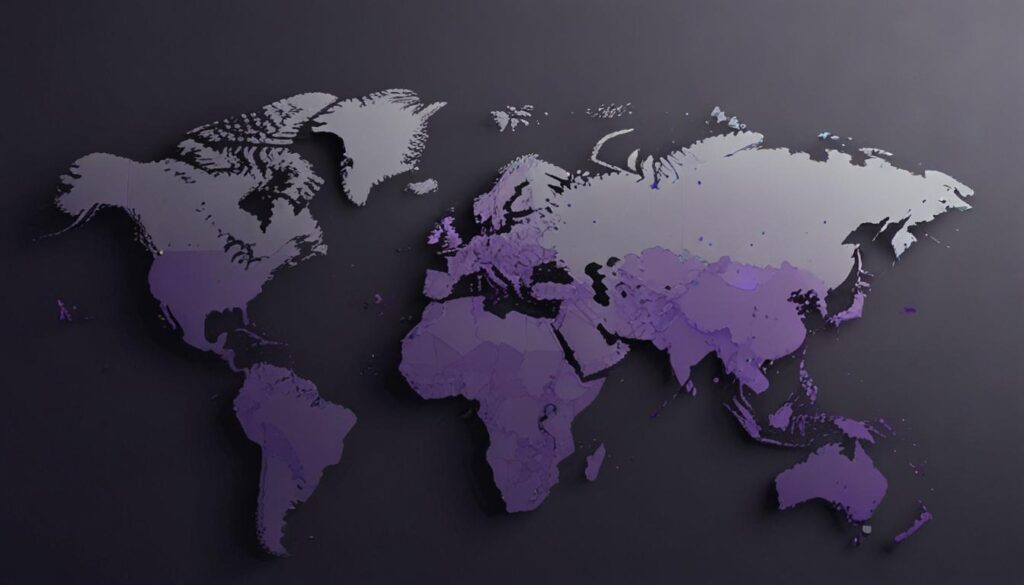The regulation of artificial intelligence (AI) presents intricate challenges for global authorities, with the EU implementing the AI Act and the US exploring new legislative measures. Industry perspectives vary, with calls for international agreements amidst concerns over stifling innovation and market dominance. Efforts towards establishing best practices are underway as policymakers strive to balance innovation and safety in the evolving AI landscape.
Regulation of Artificial Intelligence: A Global Perspective
Regulating artificial intelligence (AI) is a complex challenge faced by global regulators due to its rapid development and wide-reaching implications. Discussions on AI regulation are primarily focused on powerful, general-purpose AI systems developed by major companies like OpenAI, Google, and Anthropic.
EU Developments
The European Union (EU) is progressing with the AI Act, targeting high-risk AI uses such as job or loan application decisions and health treatments. The Act, which was adopted in May 2024 and will come into effect a year later, requires companies to disclose training data for foundational models and to assess and mitigate risks. A new AI Office will set standards and oversee compliance. While some criticize the EU’s pre-emptive regulation as potentially stifling innovation, others view it as necessary protection against emerging AI risks.
US Approach
In the United States, the focus has been on leveraging existing regulations while exploring new legislative measures. The Federal Trade Commission has initiated an investigation into ChatGPT for potential misuse of personal data. Senate Majority Leader Chuck Schumer advocates for expert briefings to identify necessary regulatory areas. An executive order from the Biden Administration mandates the disclosure of capabilities and training methods for dual-use AI systems, highlighting national security concerns.
Industry Response
AI companies generally support regulation but caution against overly stringent rules. OpenAI’s CEO, Sam Altman, has expressed concerns about potentially exiting the EU market if regulations become too restrictive. This stance has fueled suspicions that established companies might use regulatory frameworks to maintain market dominance by increasing entry barriers for new competitors.
International Considerations
While some experts call for international agreements to control AI’s proliferation, practical challenges exist due to the wide availability of necessary resources for AI development. Efforts within the industry, such as voluntary commitments and collaboration with standards organizations, aim to establish best practices even as formal regulations evolve.
Conclusion
AI regulation remains a developing field with significant implications for technology, industry, and society. Policymakers continue to balance innovation and safety, seeking to adapt regulatory frameworks to the rapidly changing AI landscape.










